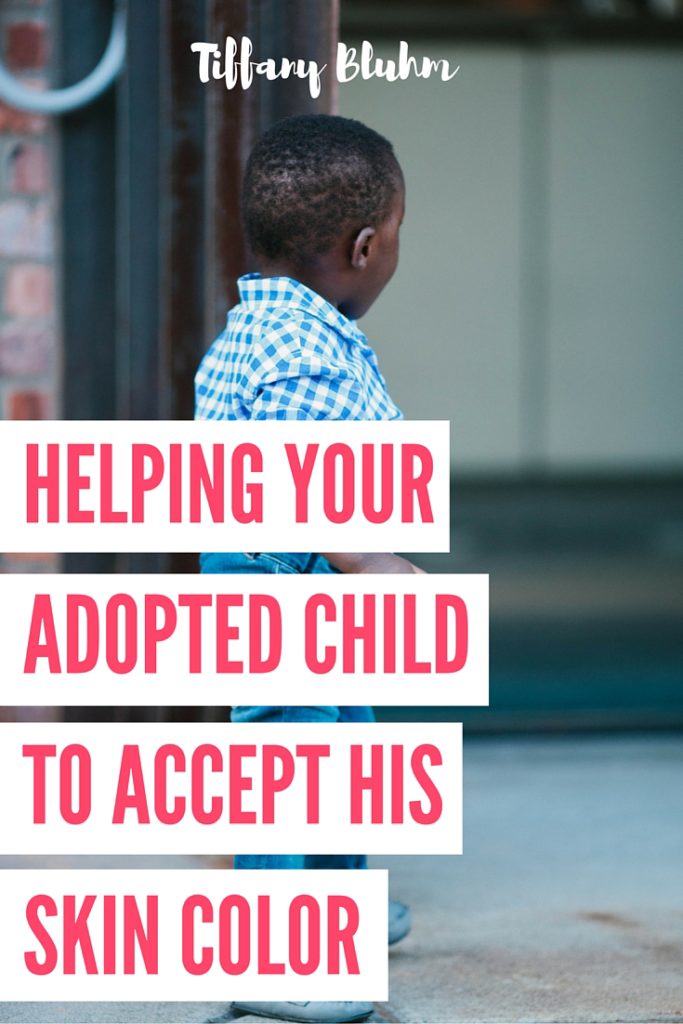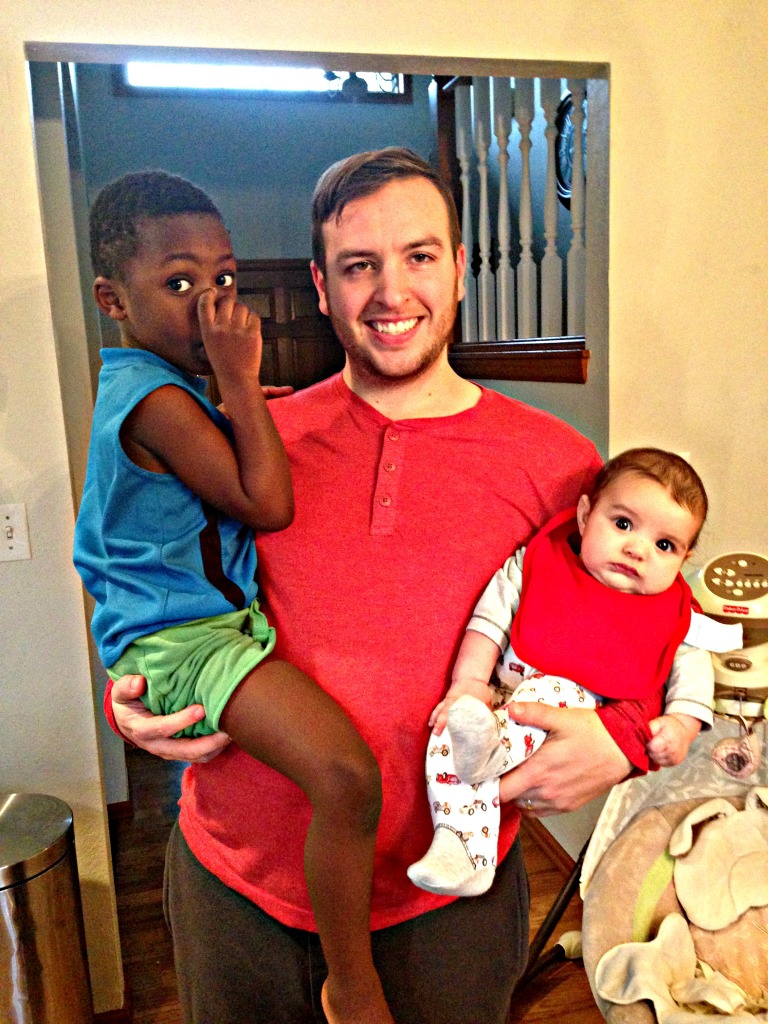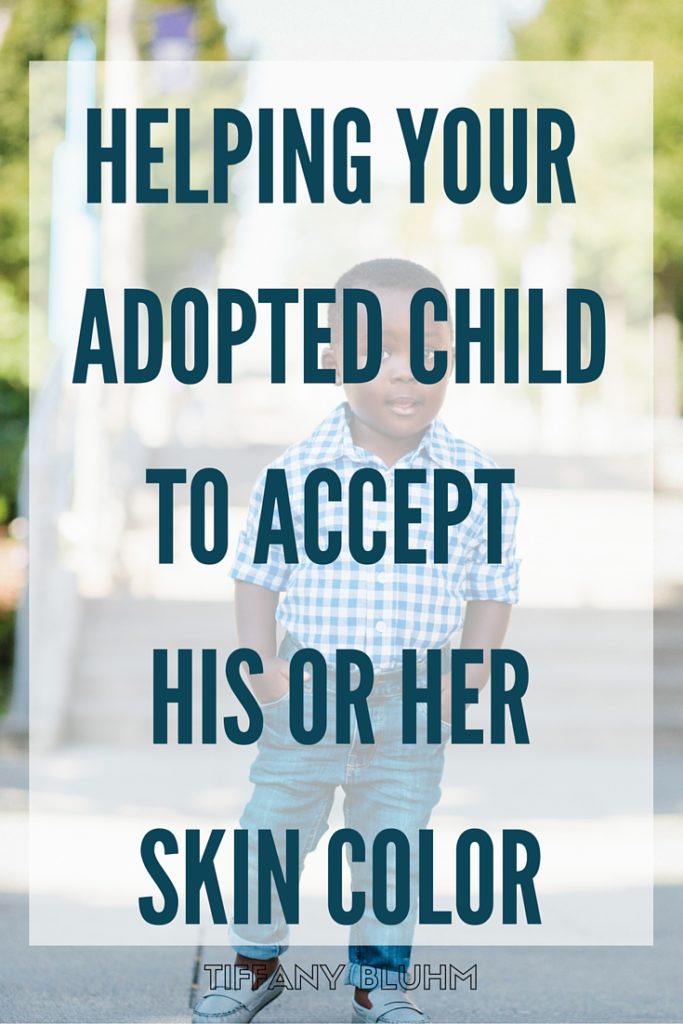
I remember at four years old feeling so different and it didn’t take long to find out why. In a sea of white there I was with my brown face. I couldn’t understand why no one looked like me. I couldn’t understand why at class parties no one wanted the cookies I brought to share. I couldn’t understand why other little girls wouldn’t want to hold my hand while played “Ring Around the Rosy”. I had no idea that the color of my skin would evoke treatment that left my little soul feeling isolated and alone. I’ve spent years processing and seeking healing for those aches. Now I’m watching my son, adopted from Uganda, process his own journey.
Jericho and I were in the bathroom at Applebees washing his hands when he looked me dead in the eyes and said, “mama, I don’t want to be brown anymore. I want to be white like daddy, and everybody else.” I immediately knelt down next to him and affirmed how beautiful his skin was, and in the very next breath did my best to validate his feelings. They aren’t to be shrugged off or scoffed at. His four year old soul knows he is different and no one in his family looks like the other. I’m Indian, his dad is white, and his little brother is whitish/brownish.
As the words poured out of his mouth I knew I had a role to play, a hard role. It will be the role of chief listener as he replays his own story to help connect the dots of why he is here, why he is in this family, and why he has brown skin. Adoption is born out of loss and this sweet boy is figuring that out. We don’t gloss over loss, we choose to embrace and heal through it. In listening I so badly want to validate this boy, his journey, and his healing. He didn’t get to pick his beginning and that is the hardest part. He didn’t choose to be abandoned. It happened to him. Yet, we both know that’s not the end of the story. It’s still being written. Lavishing love, acceptance, and respect invites a healthy identity and confidence to bloom in his budding story.
I’ve found myself biting my tongue when adoptive parents describe their child’s life beginning, not at the birth of the child, but instead when they decided they wanted to adopt. As adoptive parents we are not the stars of their show, and we are certainly not their saviors. We are shepherds. We are nurturers. We are cheerleaders. We are confidants. We are caregivers. We are counselors. We are to be safe when everything feels shaky and encourage our sons and daughters to be brave.
I can’t change the color of my son’s skin to be white like his daddy’s, but I can weep with him over his loss and process with him over his feelings, and cheer him on to be the man he was created to be.



